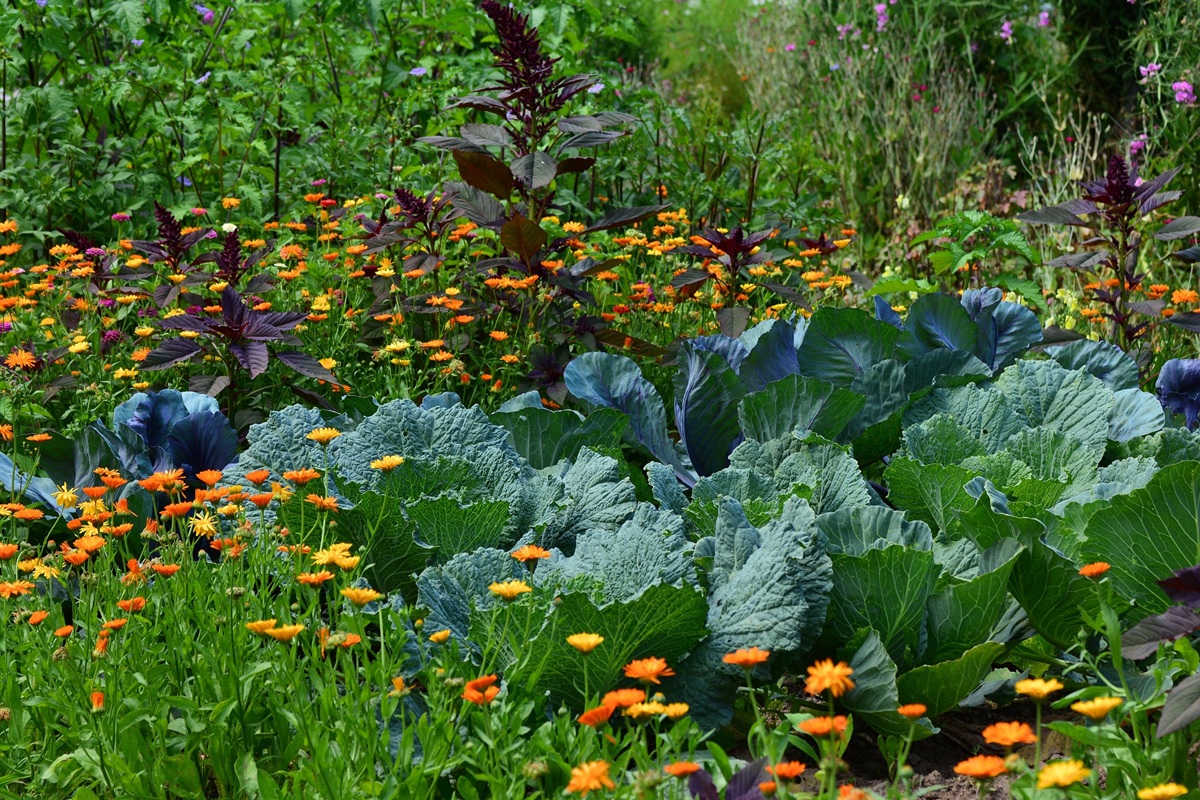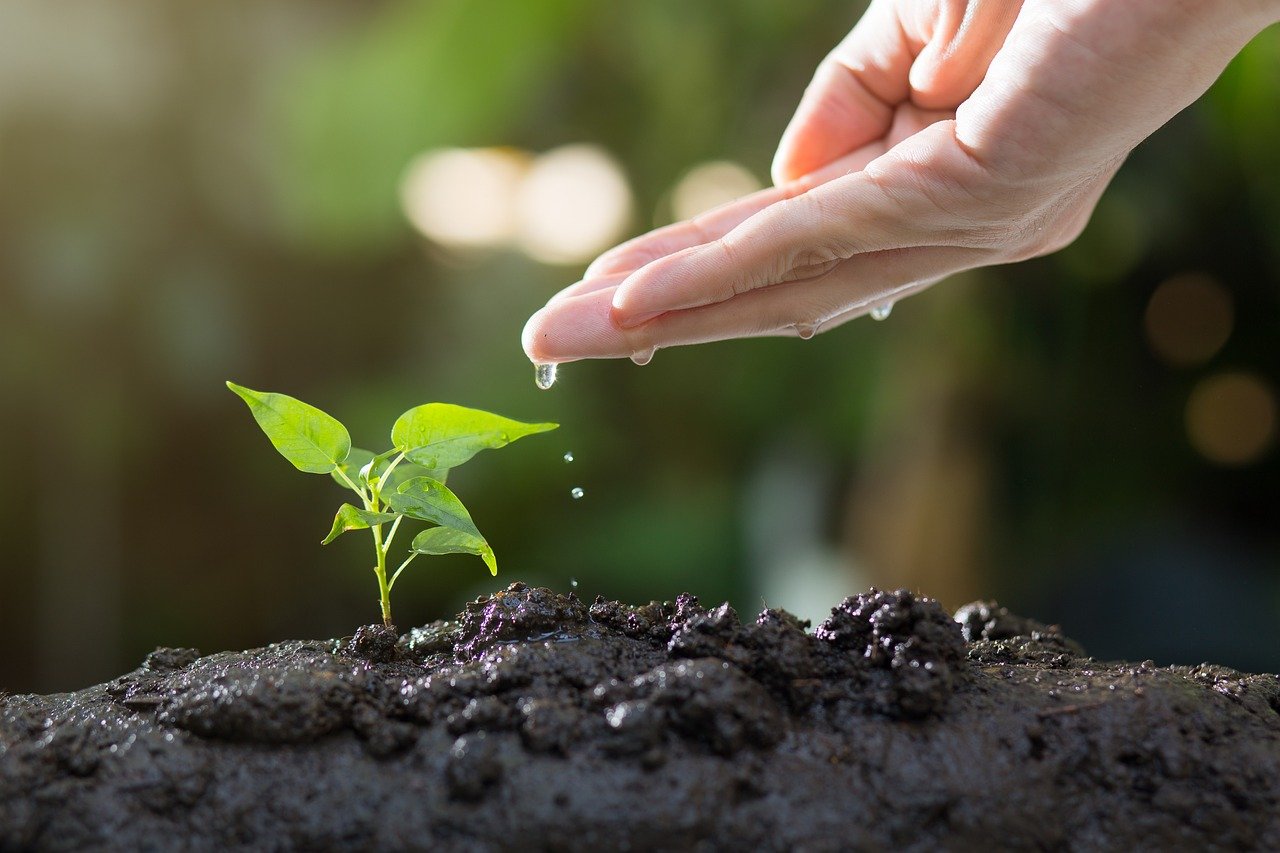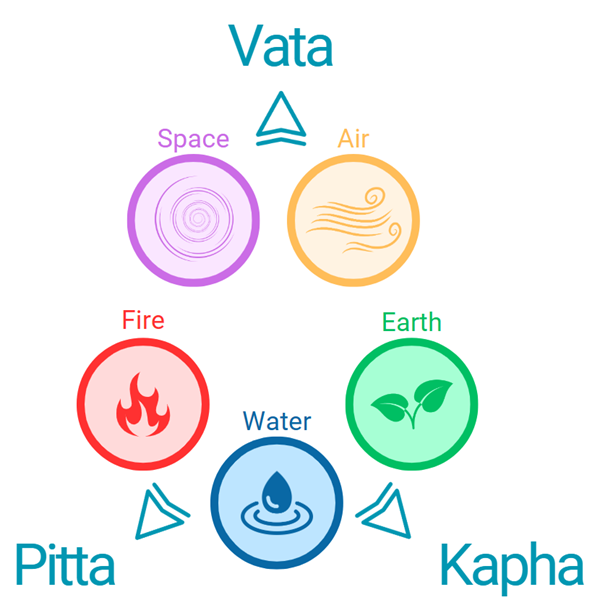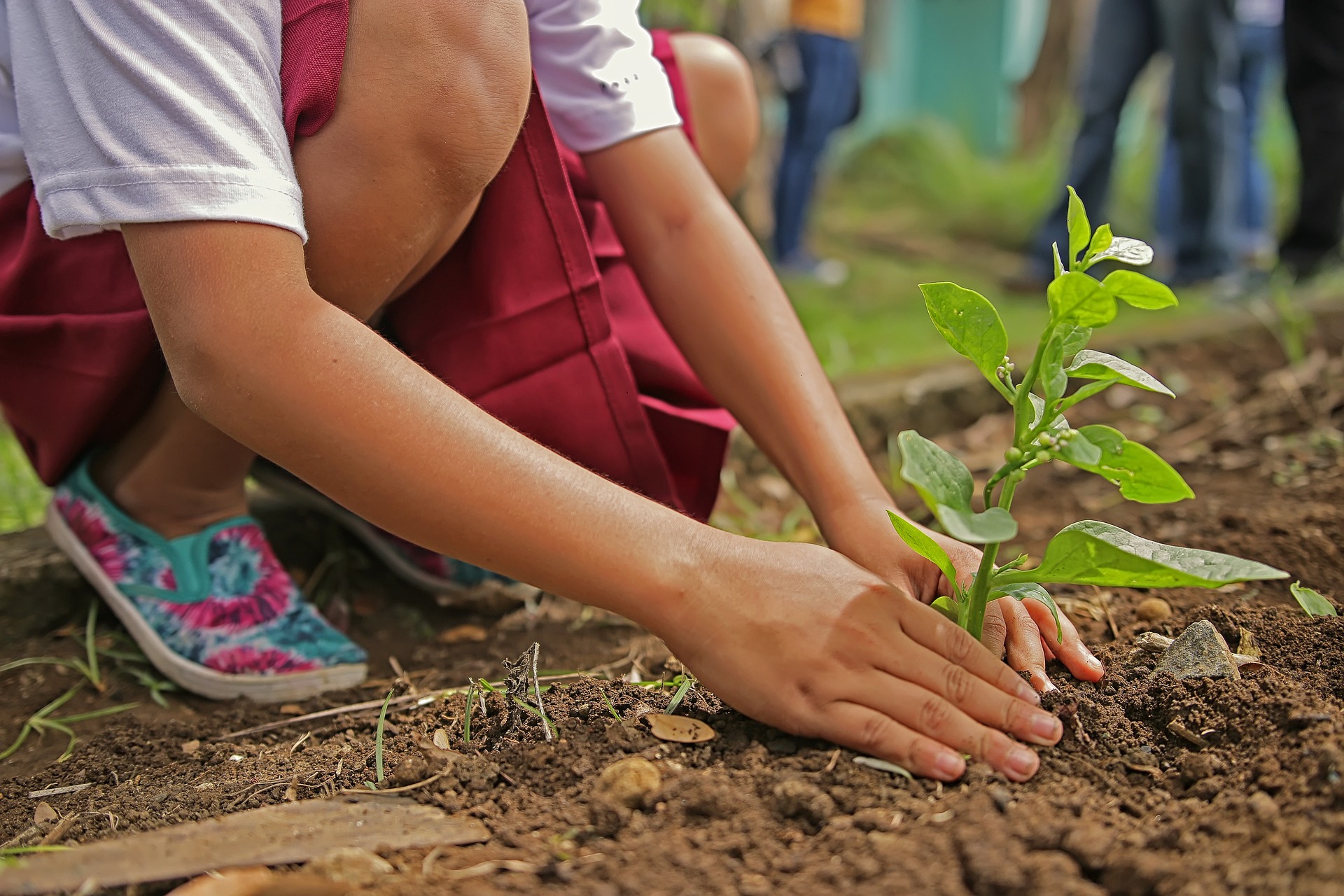News | Insights | Stories
Advancing careers in holistic health
Introducing the harmony of
Maharishi Vedic Organic Agriculture and Gardening
A symphony of growth!

What is organic agriculture?
In the world of farming and gardening, a game changer has emerged—organic agriculture. This method focuses on nurturing crops without the use of harmful chemicals, promoting a positive impact on both the environment and our well-being. Say goodbye to negative effects from fertilizers and chemicals; organic agriculture is all about fostering a healthy coexistence between plants and the earth.
Vedic Organic Agriculture: a higher harmony
Maharishi Vedic Organic Agriculture and Gardening

The Unified Field of Natural Law:
The fundamental harmony in agriculture
The culturing intelligence of Nature is that intelligence at the fundamental basis of our environment, responsible for coordinating and balancing all the complex factors involved in the practice of agriculture such as soil, seed, weather, and farming practices.
In modern science, this field of intelligence is called the Unified Field of Natural Law. This is the fountainhead of all the particles and forces that create and maintain our physical environment, and are essential for creating vital growth in plants and livestock. In Maharishi’s Vedic Science it is known as the field of consciousness.

The wisdom of Ayurveda:
Supporting harmony in agriculture
The Doshas, the Ayurvedic principles governing the human physiology also govern plant life.
Balancing Vata, Pitta, and Kapha in our physiology is just as important as balancing Vata, Pita and Kapha around the plant roots. This ensures optimal air circulation, microbial transformation, and moisture content. It’s the foundation of farming and gardening so that all other levels can become balanced.
Ayurveda also reveals the fascinating parallel between the soil microbiome and our own Agni (digestive fire). Principles governing the management and care of Agni apply both to our digestion and our gardens.

Pleasant music: the melody of growth
The science behind the influence of sound
A study titled ‘Effect of Music on Plants – An Overview’(1) examines the influence of acoustic frequencies on plant growth. Researchers observed marigolds’ response to various sounds. Surprisingly, music and especially traditional Indian Ragas increased plant biomass by 72% and early flowering. It appears that specific audible frequencies, including musical ones, enhance essential physiological processes, resulting in healthier and more developed plants.
Vedic melodies: nurturing plants and promoting plant growth
Traditional Indian Ragas are not the only star in this garden orchestra. Vedic recitations, deeply rooted in ancient wisdom, can play a crucial role in the physical development of plants. Exposure to these recitations nurtures plants, promoting better nutrient development and overall progress.
We know from Maharishi Mahesh Yogi that chanting the Veda stimulates the intelligence of the crops, nurtures the inner intelligence of the soil and seeds, and functions as a natural fertilizer for robust plant growth. This process encourages the blossoming of plants while invoking the support of Natural Law for favorable weather conditions.

Cultivating wisdom about gardening at Maharishi College of Perfect Health International - Gardening in light of Maharishi AyurVeda
Start a transformative journey into the world of Maharishi Vedic Organic Gardening with an immersive online course created and taught by expert Dr Peter Swan.
Hosted by the Maharishi College of Perfect Health International, this experience delves into the intricate relationship between the gardener, soil fertility, consciousness, and health.
Open to everyone, the course explains the fundamentals of Maharishi Vedic Organic Agriculture, providing inspiration and practical tips for cultivating your own nutritious food with minimal effort.
Practical tips for gardening success
Making your gardening endeavors more successful and your vegetables more nutritious doesn’t have to be complicated. The course on Maharishi Vedic Gardening brings precise knowledge on how plants derive nutrition and offers simple ways to support them with minimal effort. Here are four practical tips to elevate your gardening experience.
- Mulch magic: Plants get their nutrition mostly from the leaves, flowers, etc., that fall on the soil surface. This mulch provides food for our plants as it gets digested by the soil food web. We can support the nourishment of our vegetables, fruits, and flowers by placing mulch around our plants. This also saves water as it helps to keep the water in the ground and maintains a nice moist soil for healthy plant growth.
- Compost Boost: Compost does the same thing as mulch with the added benefit that it increases the beneficial soil microbes (like probiotics). We can easily learn how to make good compost in a way that suits our time and garden situation.
- In-Situ ‘Compost’: If compost sounds like too much work, there are easier ways to nourish our plants. For example, we can make ‘compost’ directly in the soil around our crops or fruit trees. This is a one-off action that nourishes the crops for years.
- Harmony in Melodies: Nourishment is not only physical: Vedic melodies are a delightful way to enliven the inner intelligence of plants so they grow balanced, healthy, and vigorous. In our upcoming course on Vedic Gardening you’ll find out which melodies to play when.
By incorporating these and many more tips revealed in this course, you not only enhance the success of your gardening efforts but also enrich the nutritional content of your homegrown produce.




